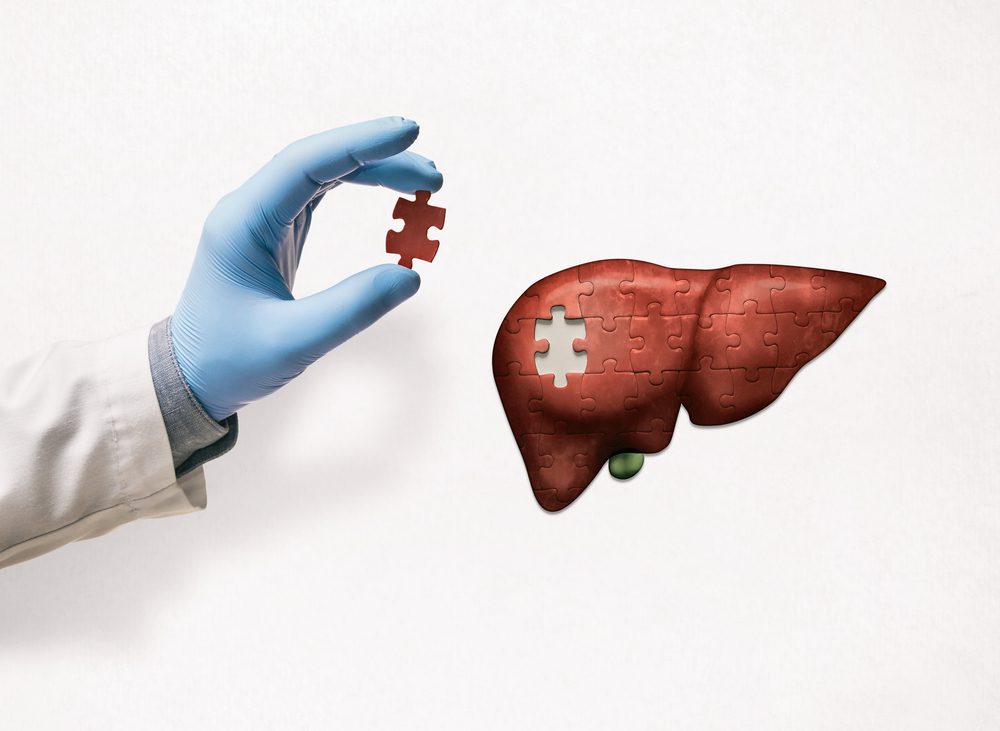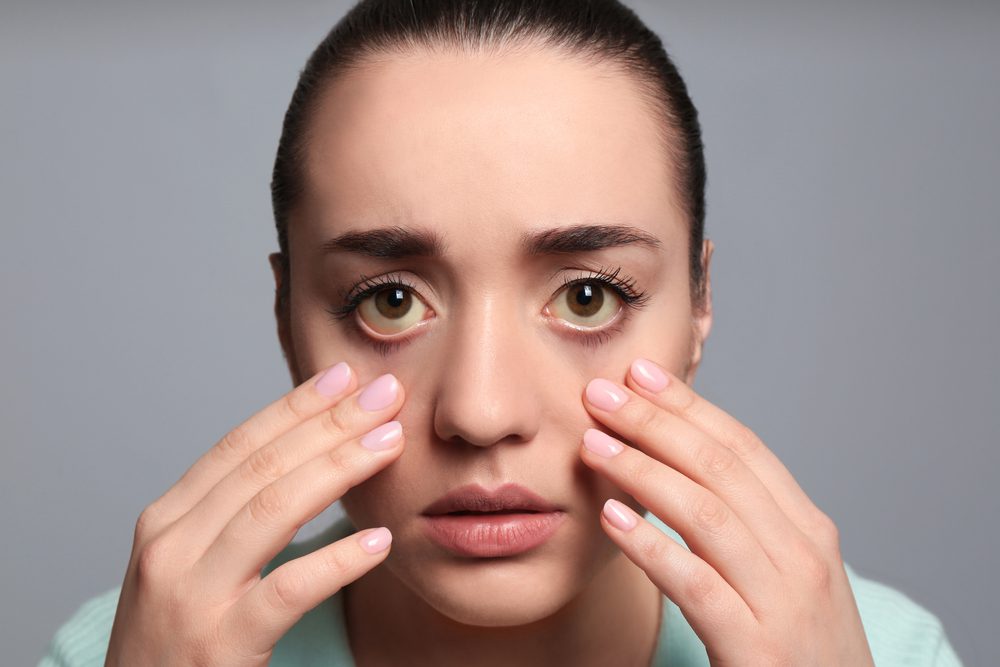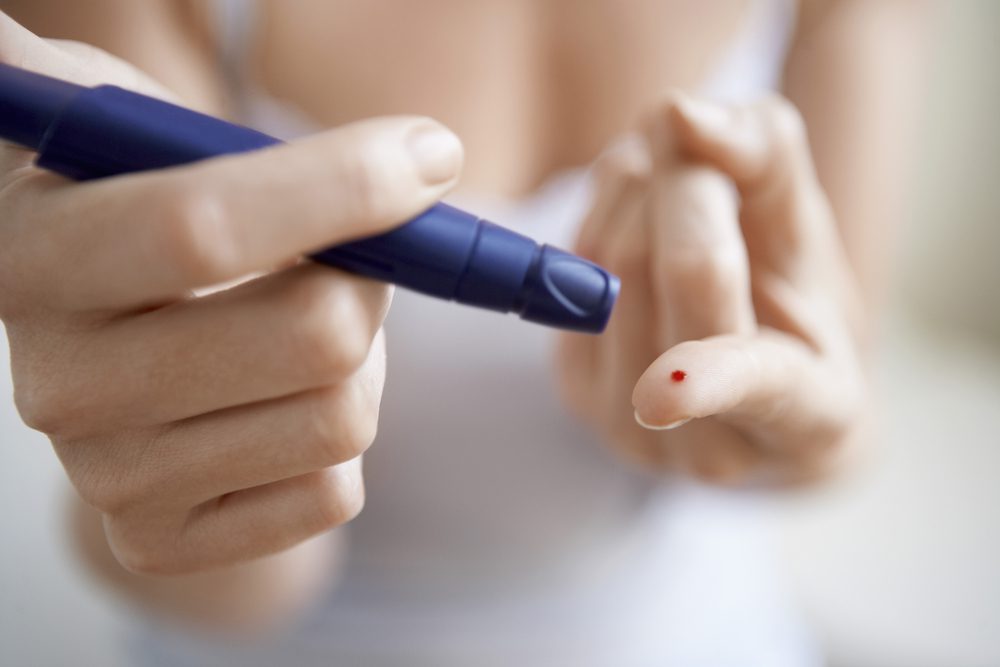
Is your doctor the best for you?
Let’s face it! Not all doctors are created equal. Not every one of them is capable of creating a connection with their patients.
Have you experienced a weird relationship with your doctor? Is he/she aware of your health issues? Whatever the reason may be, the truth is that some doctors don’t click enough with their patients, and when this happens, it might be the time to search for a new one.
Most people’s complaints are related to the attitude of the doctor, the professional skills, and their expectations. Very few of them are complaining about the waiting time.
Do you consider your doctor a close friend or the person who listens to you the most? But what if he is not qualified for his or her job?
Is your doctor responding to all your questions? A good doctor should be available all the time for his patients. If you feel rushed or you believe your questions don’t receive the answers you’ve been searching for, then it’s time to look for another doctor.
Changing doctors can be a challenging process. But before you do the change, you might wanna do a bit of research among other doctors to find out which one is better for you and your health problems.
We discovered what other people complain about the most regarding their doctor and here are 12 signs that indicate it’s time for a change:
1. They don’t take your concerns seriously
Are you concerned about the latest test results and your doctor doesn’t seem to care to give you a full explanation about it?
Then you must find a new one! If your doctor is constantly avoiding your questions, you should really find someone better.
2. Poor communication
Does your doctor interrupt you while you are trying to explain to them what bothers you regarding your health? Then it’s time for you to change it because listening is one of the most important skills a doctor can have.
Medical prescriptions can be hard to understand for people who don’t have a degree in this specific field. So if your doctor doesn’t know how to explain it to you then there might be an issue.

3. They don’t make eye contact with you
They don’t make enough eye contact with you? This might also be a sign that he is not interested enough in what you have to say. In medicine, compassion is very important, and if your doctor doesn’t show it, “see” another one.
4. Your doctor doesn’t respect your time
Are you waiting one hour or more just to see your doctor and they are hurrying through the check-up? If they don’t give you the necessary time for the routine visit, that means they are not giving you the full care you need!
5. Gives you uncertainty
A doctor should be open about every decision they make. From some specific tests to telling you why that prescription is recommended. Your health is too important to feel uninformed or confused. If you feel like this is happening to you, why not start looking for another one today?
6. They start giving you advice about your personal life
If you are being open to your doctor and he/she starts to get too involved and it’s crossing some boundaries, then you might want to move on.
Are you trying to communicate, and they are mocking you? Or even worse, they don’t listen with open ears in order to provide medical advice? Search for another one as soon as possible.
Nobody wants a nosy doctor that is more interested in your personal life than doing their job!

7. Their staff is behaving unprofessionally
The receptionist or the nurse ignores your calls and forgot to give your message to the doctor, or tells you about the side effects of that specific medicine? That might be a serious problem!
Since you need to interact more with other members first than with the actual doctor, they need to be friendly and behave as professionally as they should.
Have you heard the nurses speaking badly about other patients? What if the doctor doesn’t know how his/hers staff is behaving? You might wanna tell them first, then if the problem cannot be solved, search for another clinic!
8. You don’t feel comfortable talking with them
Your doctor needs to know almost every intimate detail regarding your health, including that little detail that you may not wanna share with your friends or even with family members.
If you feel restrained and you feel unable to disclose such things, it might not be the right match between you and your doctor.
9. Your doctor doesn’t want you to get a second opinion
Your doctor is overreacting when you tell him/her you might want a second opinion from another one? If that happens, it means that your doctor is more focused on their ego rather than helping out a person in need.
A serious health issue might consider a second opinion, so don’t be afraid to ask for it somewhere else too!
10. They seem distracted
Are you trying to talk about your latest prescription, and they seem to be multitasking, and they don’t even listen to what you have to say? Just because your doctor is usually busy this isn’t an excuse for being distant or dismissive.
Is this what you really want from your doctor?
11. They’re always trying to sell you something
Recently, a lot of doctors have started to sell things like vitamins, supplements, and other dietary products through their medical practice. Has this happened to you as well? Tell us in the comments if you have experienced any of these things.
This is not okay and can become annoying if your doctor tries to convince you to buy something every time you go to the clinic for a regular check-up.
12 They don’t care about your financials
Are you often confronted with a situation where the meds are way more expensive than you can afford? A lot of patients have complained about this lately.
Not every patient can afford the best and most innovative treatments. And because of that, your doctor should take your financial situation into consideration before prescribing the medication.
If you don’t end up on the same page, it is time for a change!
Have you experienced similar things when it comes to your doctor? Are you waiting for at least 45 minutes down the hall every time in order to get a check-up? That’s not normal. Maybe he/she has a lot of patients and might be overwhelmed to take care of so many people. Try and find another doctor with the time, care, and attention you need!
This list contains a small number of things that bother patients. There are plenty of examples that can go wrong in a doctor-patient relationship. Make sure you are aware of these things and understand that things can be easily changed into how it was in the past.
When changing your doctor, you might wanna find a trustworthy source for the research. Feedback is important in every field, so you might wanna look up other people’s feedback and opinion towards a specific doctor. This can be very helpful!
When healthcare issues are causing a lot of stress nowadays, getting the care you need from your physician shouldn’t be difficult. Everyone needs a good doctor because in the end, what’s more, important than being healthy?
If you enjoyed reading this article, we also recommend reading: 8 Warning Signs of Diabetes Few Americans Know Of











